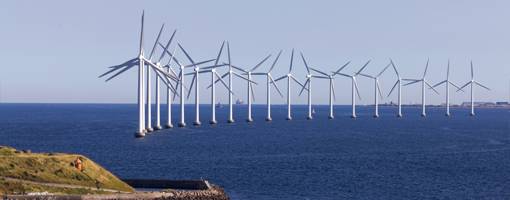A new fuel – called NextFuel –- might be the first practical fuel that actually captures more carbon than it creates whilst producing energy.
Fast-growing carbon-rich plants, like elephant grass, can be harnessed to create a fuel that is both competitive with fossil fuels in terms of prices, but also the manufacturing process captures CO2 from the atmosphere to help reverse global warming.
Elephant grass (miscanthus giganteus) is a unique type of specialised grass that can grow four meters in only 100 days and produces several crops each year. This differs from wood biomass that needs decades to grow and requires many times that same land area. Elephant grass also grows on marginal land that is cheap to lease and not suitable for food production.
Some of the CO2 the grass captures from the atmosphere while growing remains in the soil. When the fuel is burned, it is only releasing the rest of the CO2 that was captured from the atmosphere a few months ago.
The commercial farming of elephant grass can also create new jobs, especially in developing countries, on plantations around the world with a production plant nearby.
The grass is harvested, dried and then used as raw material in a reactor. The production process takes a little less than 30 minutes, and during the process, only clean energy is used. The new fuel is then cooled and cut into briquettes that have close to the same energy density as coal.
Latest News
-
Chelsea FC becomes first Premier League club to receive dedicated epilepsy awareness training
-
Car brand hands £100,000 to UK temperate rainforest charity
-
Health firm supports older LGBTQ+ community
-
Good causes across Wales share £600,000 in building society funding
-
Pub firm partners with mental health charity for next two years
-
Home improvement platform names next charity partner
© 2019 Perspective Publishing Privacy & Cookies







Recent Stories